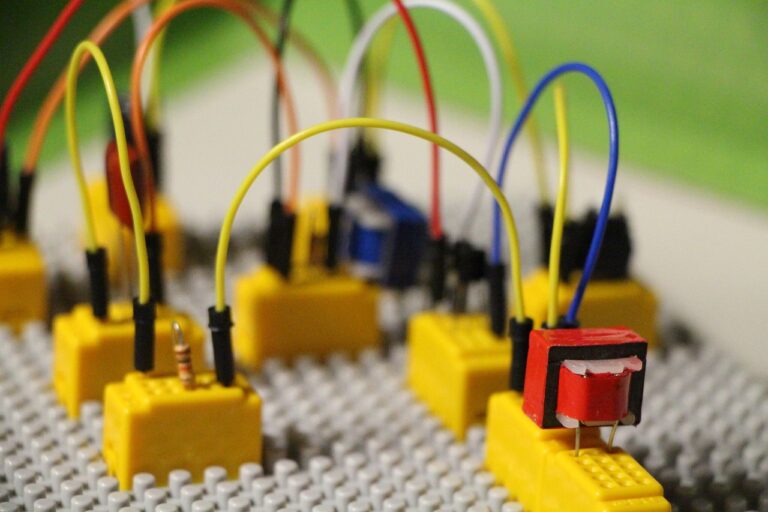Addressing the Impact of Bullying on Student Success
Bullying can have profound emotional effects on students that can impact their well-being and academic success. Students who are bullied may experience feelings of fear, sadness, and isolation, which can lead to a decline in their mental health and overall confidence.
In addition, the emotional toll of bullying can manifest in physical symptoms such as headaches, stomachaches, and trouble sleeping. These physical manifestations can further exacerbate the emotional distress that students experience, creating a cycle of negative effects that can be challenging to break without adequate support and intervention.
Recognizing the Signs of Bullying in Students
Children who are being bullied may exhibit a range of emotional and physical signs that should alert educators and parents. Behavioral changes such as sudden withdrawal, reluctance to attend school, or unexplained physical ailments like headaches or stomachaches could be indicators of bullying. It is crucial to pay attention to any sudden shifts in a student’s behavior or demeanor, as these could be signs of distress caused by bullying.
Furthermore, social signs like difficulty making or maintaining friendships, sudden isolation from peer groups, or a decline in academic performance could also point towards a child being a victim of bullying. Observing how a student interacts with others, both in person and online, can provide valuable insights into their well-being and potential exposure to bullying. By recognizing these signs early on and taking proactive steps to address the issue, educators and parents can help create a safe and supportive environment for students to thrive academically and emotionally.
Understanding the Long-Term Effects of Bullying on Academic Performance
Bullying has been shown to have significant long-term effects on students’ academic performance. The constant intimidation and harassment experienced by victims can lead to increased levels of stress and anxiety, making it difficult for them to focus on their studies. This distraction caused by the emotional toll of bullying can result in poor academic performance, as students struggle to concentrate in the classroom and complete assignments on time.
Moreover, the negative impact of bullying on self-esteem and self-confidence can hinder students’ academic progress. When students are constantly belittled and made to feel inadequate by their peers, it can erode their sense of self-worth and confidence in their abilities. This lack of self-assurance can manifest in a reluctance to participate in class discussions, seek help from teachers, or take on challenging academic tasks, ultimately affecting their overall academic performance.





